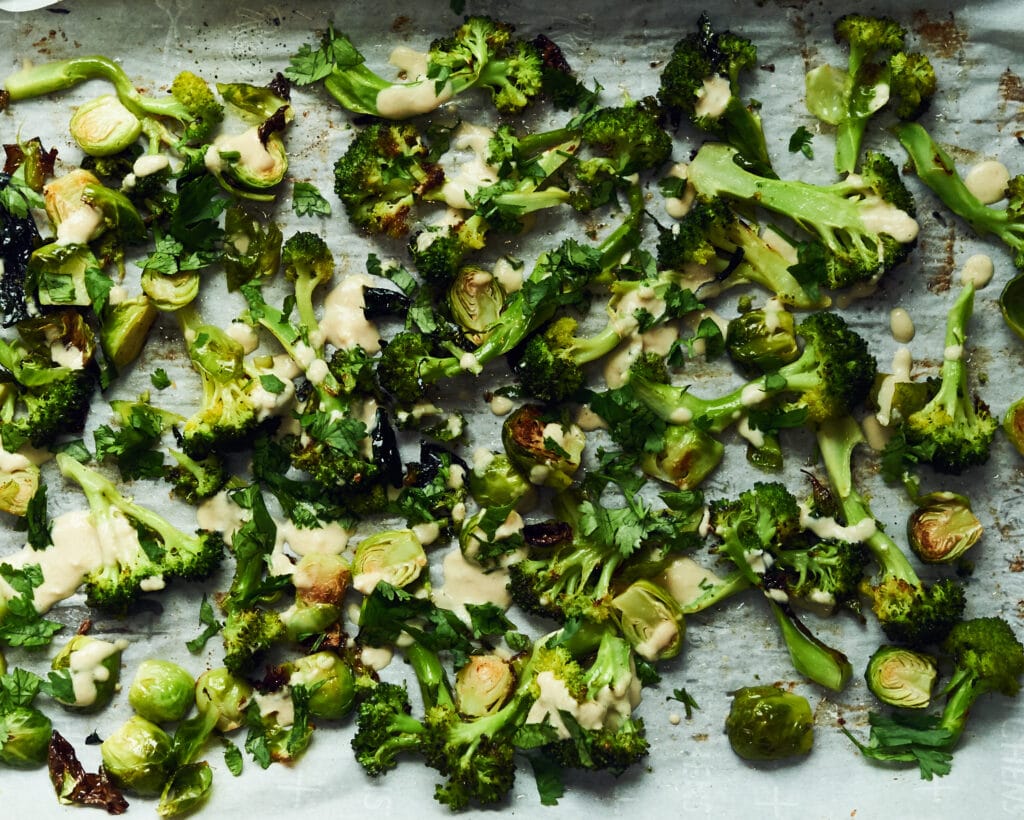If you have been diagnosed with hypothyroidism, you know by now that there are several different reasons why your thyroid might be under producing hormones. The two main reasons (but not the only ones) why someone has hypothyroidism are due nutritional deficiency or an autoimmune process. Identifying and correcting nutritional deficiencies can greatly improve your thyroid function and, for some patients, even get them off their medication completely. Autoimmune thyroiditis or Hashimoto’s disease can be more complicated, but correcting deficiencies can help there too. The foods we choose can affect our thyroid health through not only nutrition, but (as in the case of Hashimoto’s) via the immune system. If you have hypothyroidism and have done a google search you have probably seen the word goitrogen and a list of foods to avoid. If this is you, please keep reading…
I wanted to use this article to clear up any misconceptions that patients have about foods called goitrogens (see list below). When your thyroid swells up it is called a goiter, so goitrogenic foods, you guessed it, promote thyroid swelling! The list of goitrogens includes many foods that are very healthy for us and even some that protect us from cancer. Therefore I do not like telling patients to stop eating goitrogenic foods altogether. The important thing to note about these foods is that cooking them destroys the part of the food that causes your thyroid to swell. So limiting the amount of RAW goitrogens in your diet is the key, not eliminating them completely. I’m sorry if I have taken away someone’s excuse for not eating broccoli, but – from a health perspective – just eat it, it’s great for you! Just cook it first, and no more broccoli smoothies.
If you have Hashimoto’s thyroiditis, food choices can get more complicated and a google search might get you even more confused. Stay tuned for Part 2 to help unpack diet as part of the Hashimoto’s treatment plan.

Goitrogenic foods: Turnips, cabbage, rutabagas, mustard greens, radishes, horse radishes, cassava root, soy beans, peanuts, pine nuts, millet, brassica family foods (broccoli, brussel sprouts, collards, kale, cauliflower, bok choy, daikon, wasabi, napa cabbage, kohlrabi, rapini)
